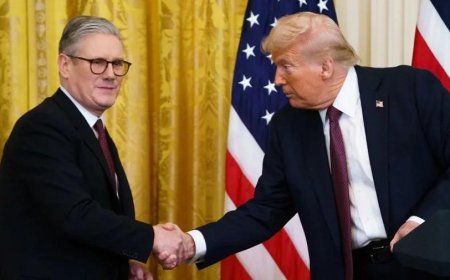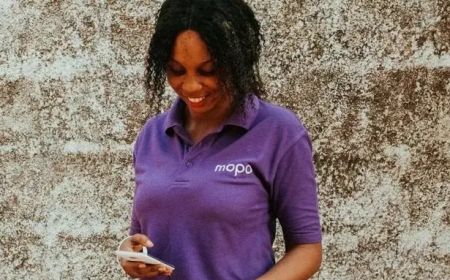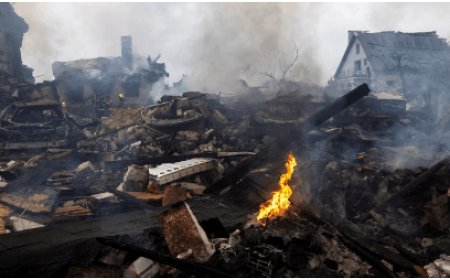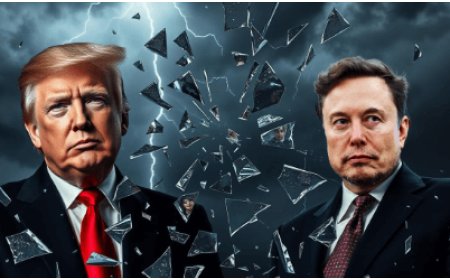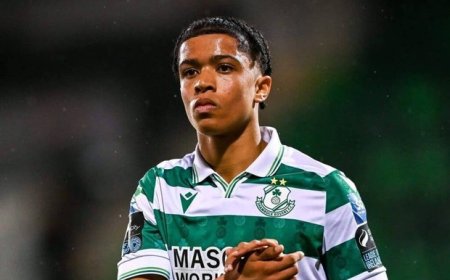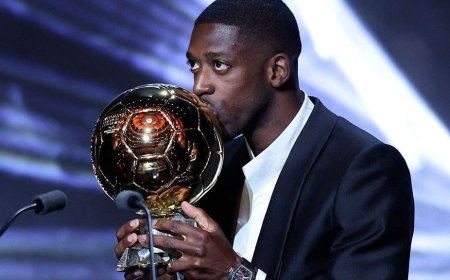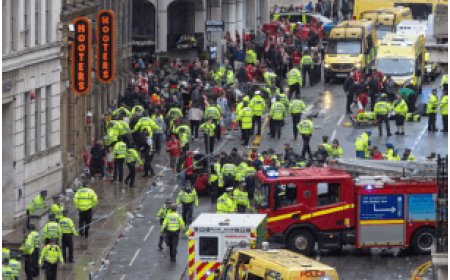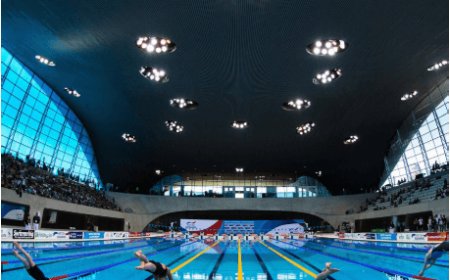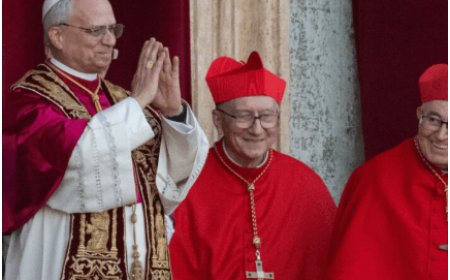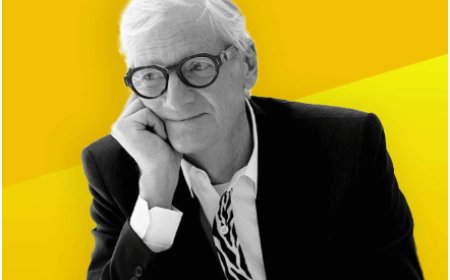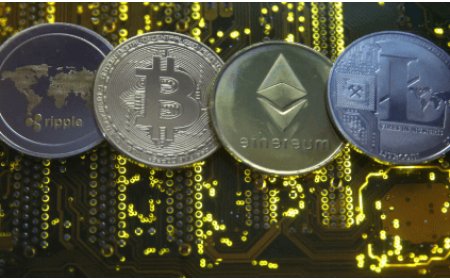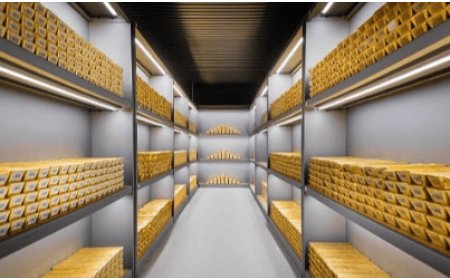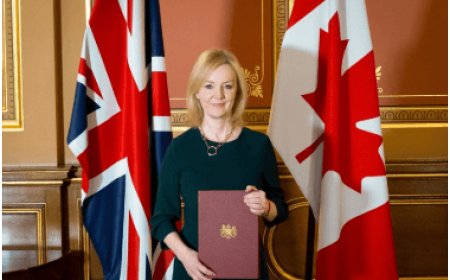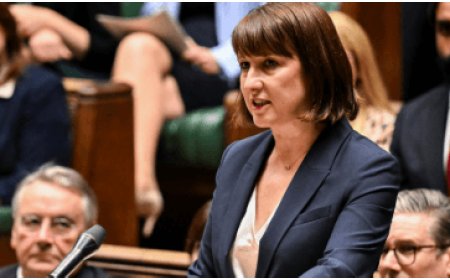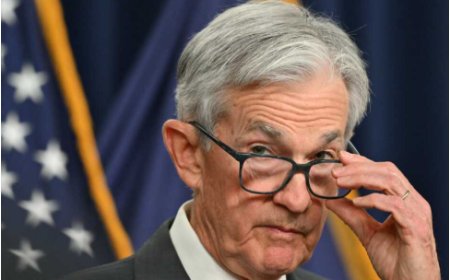Russia-Ukraine Peace Talks Undermined by Putin’s Absence
Russia-Ukraine Peace Talks Undermined by Putin’s Absence
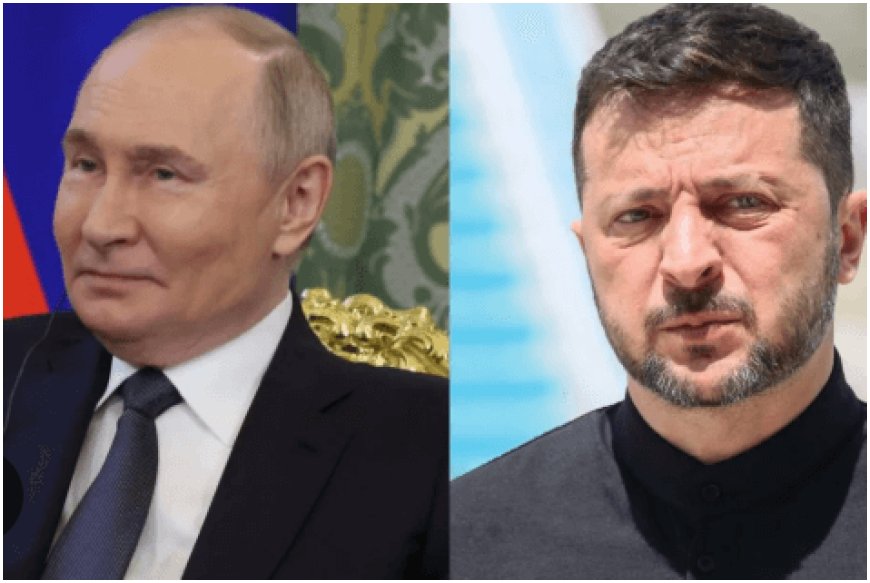
Ukrainian President Volodymyr Zelenskyy has confirmed that a delegation representing Ukraine is actively participating in peace negotiations with Russia in Istanbul, as part of an effort to end the devastating conflict that has gripped Eastern Europe since Russia's full-scale invasion in February 2022.
The talks, hosted by Turkey, represent a fresh attempt to secure a ceasefire and move toward a broader diplomatic solution. However, Zelenskyy has voiced skepticism about Russia's intentions, pointing specifically to Russian President Vladimir Putin’s absence from the negotiations as a troubling sign.
According to Zelenskyy, the Ukrainian delegation is entering the talks with a firm commitment to peace but also with caution, shaped by years of broken agreements, failed ceasefires, and continued violence. He noted that while dialogue is essential, Ukraine has no illusions about the difficulty of the process or the motivations of the Russian leadership. Zelenskyy said the talks in Istanbul are a critical opportunity, but warned that true progress would require a clear signal from Moscow that it is genuinely prepared to end hostilities, withdraw its forces, and respect Ukraine's sovereignty and territorial integrity.
The absence of Putin from the Istanbul discussions was a central focus of Zelenskyy's remarks. The Ukrainian leader suggested that Putin’s decision not to participate personally casts doubt on Russia’s seriousness about achieving peace. “If the person who started this war refuses to sit at the table, then we must ask ourselves: does Russia truly want peace, or is this another delay tactic?” Zelenskyy stated. He added that while Ukrainian negotiators would explore every possible avenue to stop the bloodshed, Ukraine would not compromise on its core national interests or the rights of its citizens.
The Istanbul talks are being held under the mediation of Turkey, which has tried to maintain a balanced position throughout the conflict, preserving diplomatic ties with both Kyiv and Moscow. Turkish officials have expressed hope that the negotiations can result in at least a temporary ceasefire, laying the groundwork for further discussions on a lasting peace agreement. The Turkish government has stressed the importance of maintaining open channels of communication between the two sides, especially as military operations continue to cause massive humanitarian suffering and economic disruption.
Despite these diplomatic efforts, conditions on the ground remain dire. Ukrainian cities continue to endure missile and drone strikes, while Ukrainian forces press counteroffensives in contested regions. Civilian casualties remain high, and millions have been displaced internally or forced to flee abroad. Infrastructure has been devastated, especially in eastern and southern Ukraine, and both nations have suffered heavy military losses. In this context, the Istanbul talks are being viewed with a mix of hope and hard-earned skepticism.
For Ukraine, the core conditions for peace have remained consistent throughout the war: full withdrawal of Russian troops from Ukrainian territory, recognition of Ukraine’s pre-2014 borders, including Crimea, and security guarantees backed by the international community. Kyiv has also demanded accountability for war crimes and reparations for the destruction caused. While these demands reflect the scale of the invasion’s impact, they also pose serious challenges for negotiators, given Moscow’s current political stance and military objectives.
On the Russian side, there has been little indication of any willingness to make significant concessions. Kremlin statements have continued to frame the conflict as a necessary operation to defend Russian-speaking populations and counter Western influence. Russian officials have accused Ukraine of being a tool of NATO expansionism and have consistently blamed Western countries, especially the United States and members of the European Union, for prolonging the war by supplying Ukraine with weapons and financial aid.
Western governments, while supportive of Ukraine’s right to defend itself, have encouraged diplomatic efforts and welcomed the Istanbul talks as a positive step. European leaders and U.S. officials have maintained that any peace agreement must come through direct negotiations between Ukraine and Russia, and that Ukraine alone has the right to decide its future and its terms for peace. However, they have also cautioned against any outcome that would reward aggression or undermine international norms of sovereignty and territorial integrity.
Public opinion in Ukraine remains deeply supportive of national resistance and skeptical of Russia’s intentions. Years of war, combined with the brutal impact of the invasion on civilian life, have hardened attitudes across Ukrainian society. There is little appetite for compromise that would entail ceding territory or abandoning the country’s aspirations for closer integration with Europe. At the same time, the prolonged nature of the war has created immense pressure on the government to pursue every diplomatic path, particularly if it might prevent further loss of life and rebuild war-torn communities.
The international community has expressed cautious optimism about the talks, but also acknowledged the difficulty of achieving a breakthrough given the vast gap between the two sides’ positions. Humanitarian organizations have urged negotiators to at least secure localized ceasefires that would allow for the safe delivery of aid and the evacuation of civilians from high-risk areas. These so-called “humanitarian corridors” have often been undermined in the past by ongoing shelling and mistrust between combatants.
Zelenskyy’s insistence on meaningful commitments and Putin’s presence at the table reflects a broader view that symbolic gestures or half-measures will not be enough to end a war of such magnitude. The Ukrainian president has repeatedly said that peace cannot be achieved through words alone and that actions—such as a verifiable withdrawal of Russian forces—are needed to build confidence and begin healing the wounds inflicted by the conflict.
For many Ukrainians, the war has become not only a struggle for survival but also a defining chapter in their national identity. The resilience displayed in the face of aggression, the unity across regions, and the sacrifices made by civilians and soldiers alike have created a powerful sense of purpose. Any peace deal that does not honor that spirit or safeguard Ukraine’s independence risks being rejected outright by the public and political leadership.
Meanwhile, Russian citizens are facing increasing consequences from their country’s prolonged military engagement, including international sanctions, economic isolation, and rising domestic dissatisfaction. The Kremlin’s control over media and public discourse has helped suppress dissent, but cracks in the narrative are beginning to appear, especially among younger and urban populations. Whether these internal pressures will influence Moscow’s stance at the negotiating table remains to be seen.
The Istanbul talks are, by all accounts, a critical moment in the effort to bring an end to Europe’s most violent conflict in generations. Whether they lead to a ceasefire, a framework for peace, or simply another cycle of stalled diplomacy will depend not just on what is said in the meeting rooms, but on the political will of those who hold real power in Moscow. Until then, Ukraine continues to fight, and the world continues to hope that peace, elusive as it may be, is still possible.
What's Your Reaction?
 Like
0
Like
0
 Dislike
0
Dislike
0
 Love
0
Love
0
 Funny
0
Funny
0
 Angry
0
Angry
0
 Sad
0
Sad
0
 Wow
0
Wow
0




